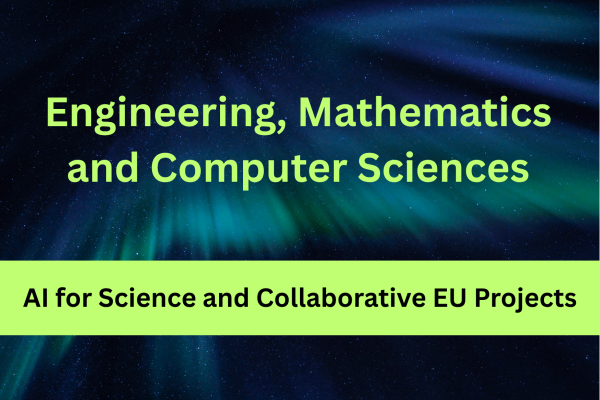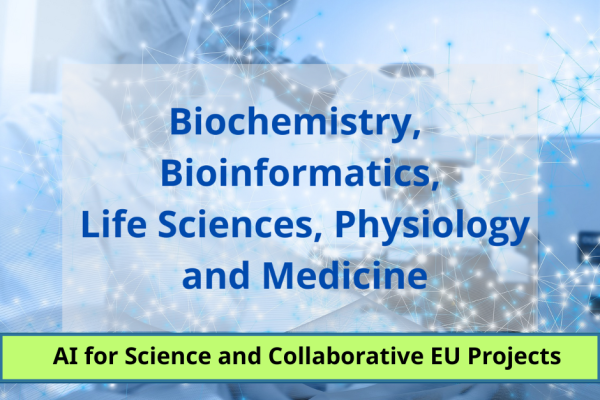Filter by
Awarded Projects (385)
RSS
This project investigates inference-time scaling in multimodal generative models, focusing on unified diffusion-transformer architectures.

This project aims at studying turbulent flow in a roughened plane channel through direct numerical simulation (DNS), from the smooth to the transitional and fully rough regimes.

Complex fluids flow and transport governs the production of European and global industries, along with natural hazards.

Two-dimensional (2D) materials have already revolutionized science and have the potential to revolutionize also technology due to their unique properties.

The history of the cosmos is encrypted in stars. To decipher the evolution of stars, galaxies and the cosmos, we require a deeper understanding of how exactly stars produce the emitted radiation.

The project introduces the novel online, feed-forward monocular 4D Gaussian reconstruction framework capable of real-time processing under strict causal and bounded-memory constraints.

This project aims to develop a novel open-source 3D vision foundation model that natively understands 3D motion, structure, and appearance.

The Human Bindome project aims to create the first comprehensive de novo protein binder database targeting the entire human proteome (~20,000 proteins).

The understanding and the modeling of liquid atomization are complex due to the strongly non-linear behavior of interface dynamics and the great disparity of involved time and space scales.

The goal of the project is to combine CNN robustness and local feature extraction together with the global understanding provided by Transformed-based approaches to improve the model accuracy but requiring fewer computational resources.